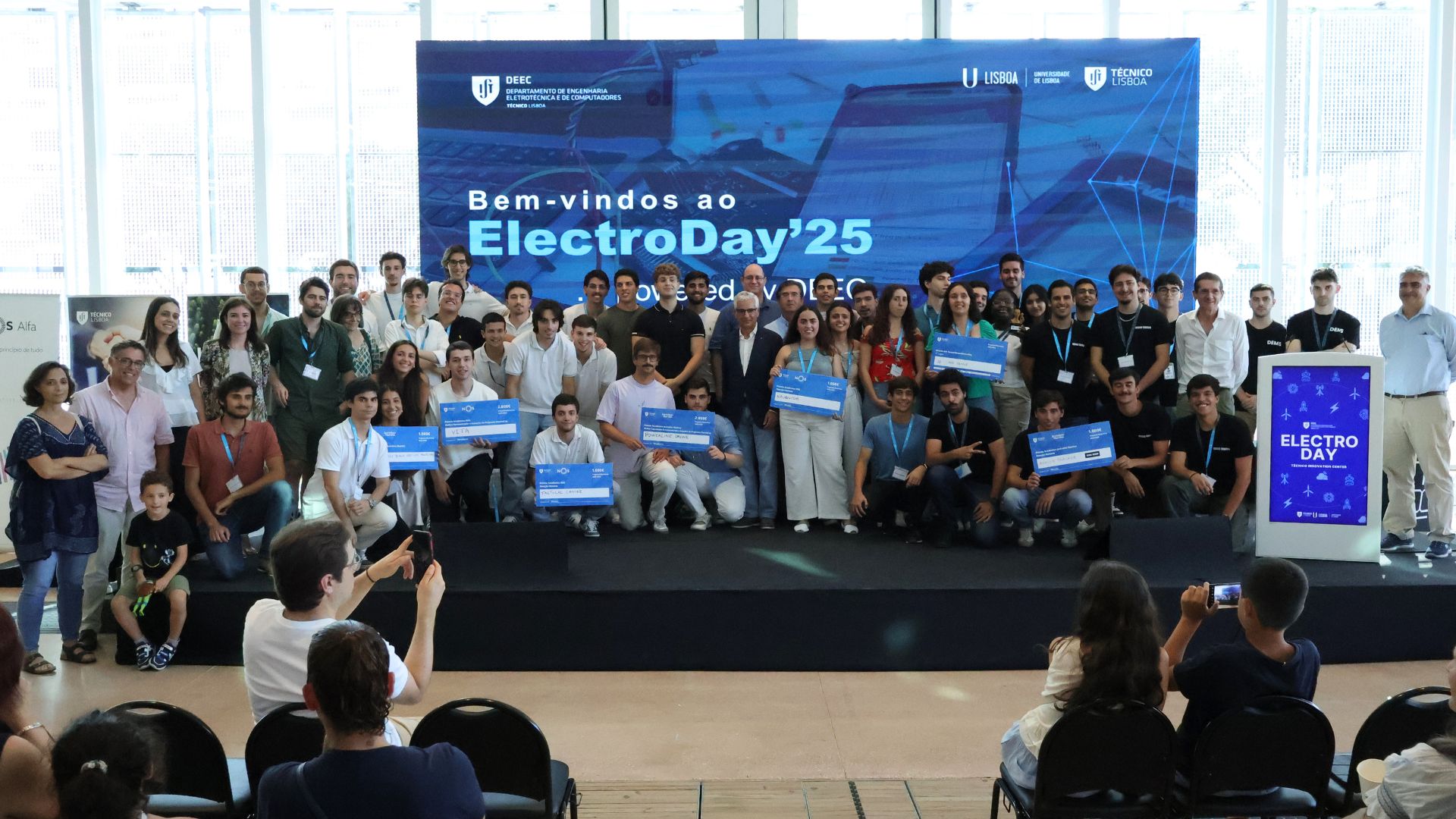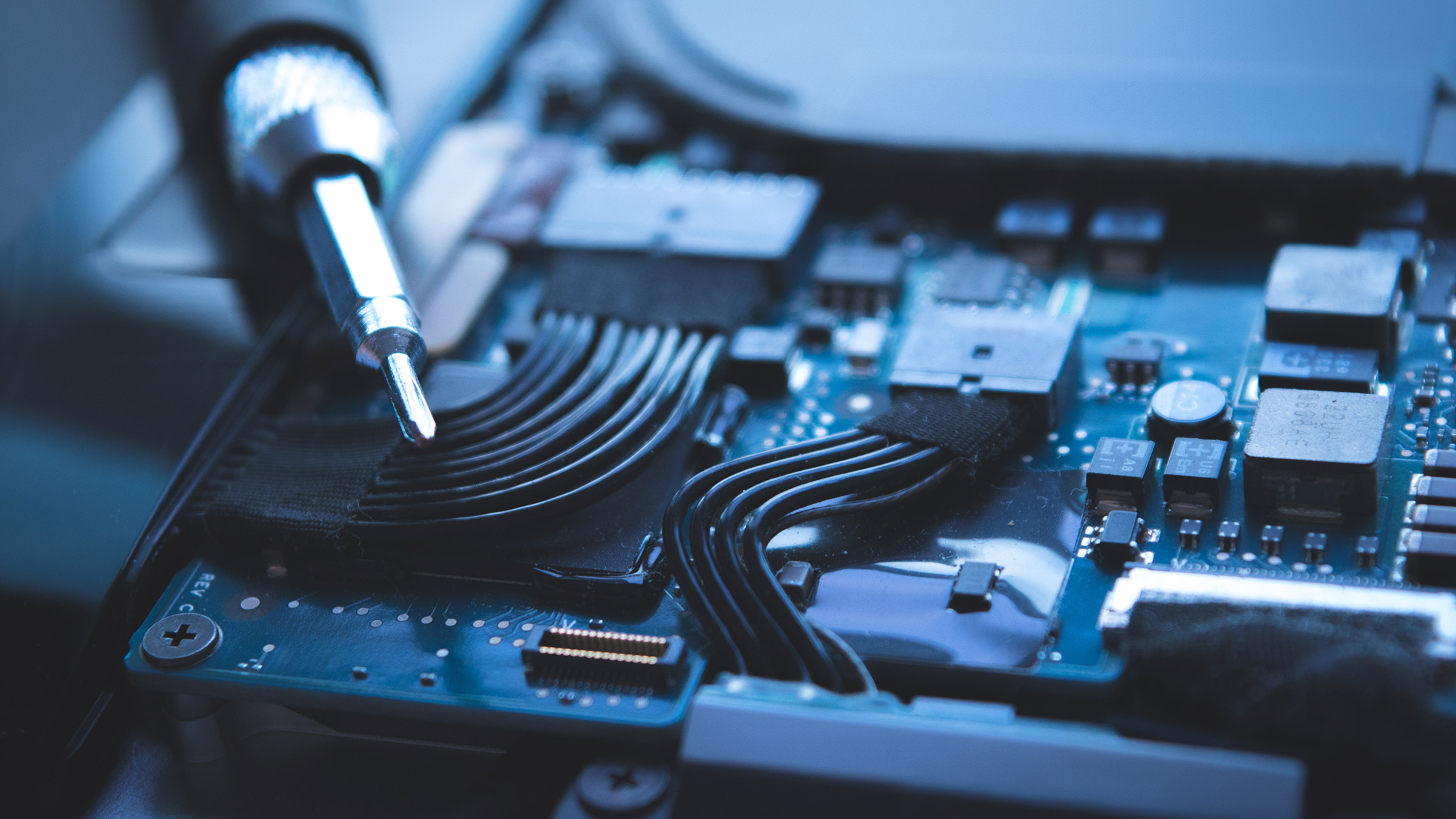ElectroDay: Hundreds of Visitors Came to Discover the Final-Year Projects of Electrical and Computer Engineering Students
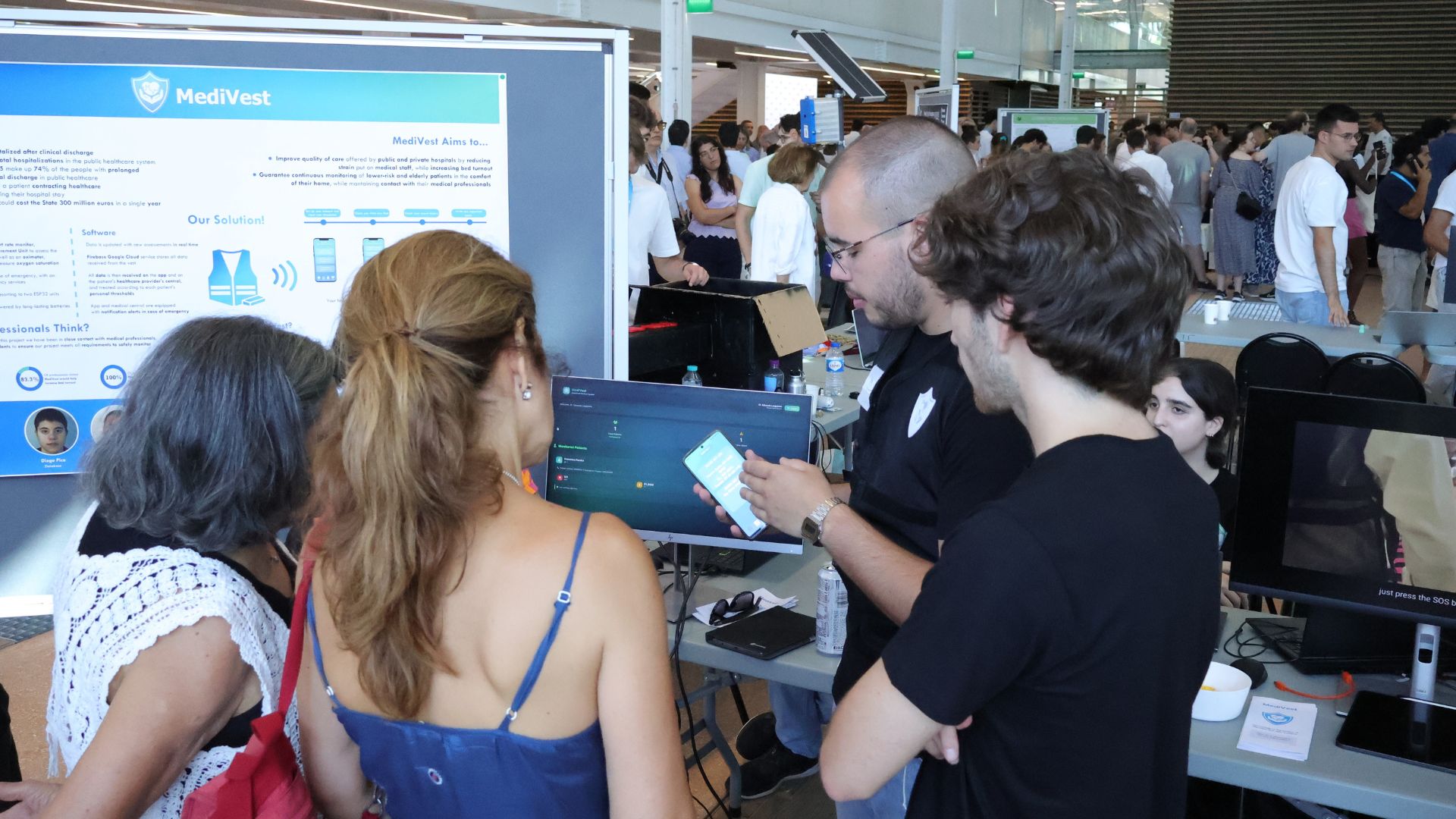
The 2nd edition of ElectroDay, which took place last Saturday at the Técnico Innovation Center, attracted hundreds of visitors — from family and friends of the participants to high school students and teachers. This event, promoted by the Department of Electrical and Computer Engineering (DEEC), centers around the ElectroCap Demo Day, the final activity of the ElectroCap program, and annually brings together the academic community and the general public in an environment filled with technology and innovation.
In the morning, over 150 students, organized into 29 participating teams, set up their booths featuring their course-integrated project posters and respective prototypes.
Once the final preparations were completed, the event opened its doors to the public at 2 p.m. During the opening session, Professor Nuno Horta, President of the Department of Electrical and Computer Engineering, highlighted the event as a showcase of the practical results of the knowledge acquired by students throughout their degree. The opening session also featured remarks from Professor Miguel Teixeira, President of the Pedagogical Council of Instituto Superior Técnico, who described ElectroDay as a celebration of "what it means to be an engineer."
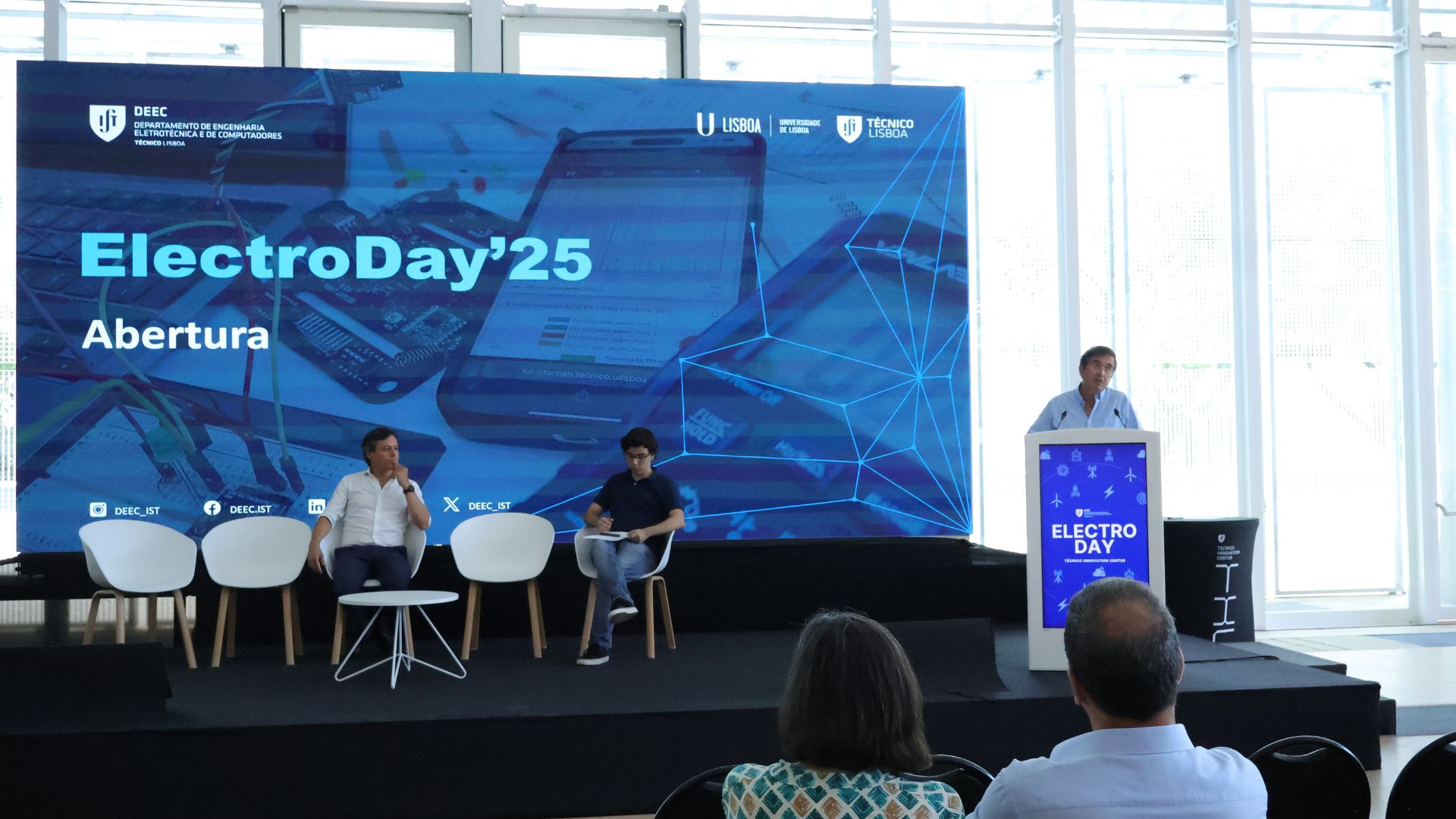
Ao longo da tarde, os participantes visitaram a exposição interativa dos projetos desenvolvidos pelos Throughout the afternoon, attendees visited the interactive exhibition of projects developed by final-year undergraduate students, with the opportunity to invest “electrocoins” in their favorite projects through free online registration. Among the 29 projects, each team took on the challenge of applying engineering to real-world problems, developing innovative solutions across various areas — including power grid monitoring, creating devices to enhance the safety of construction workers, designing support systems for blind or visually impaired individuals, offering immersive museum experiences, and developing emergency vehicle support systems, among many others.
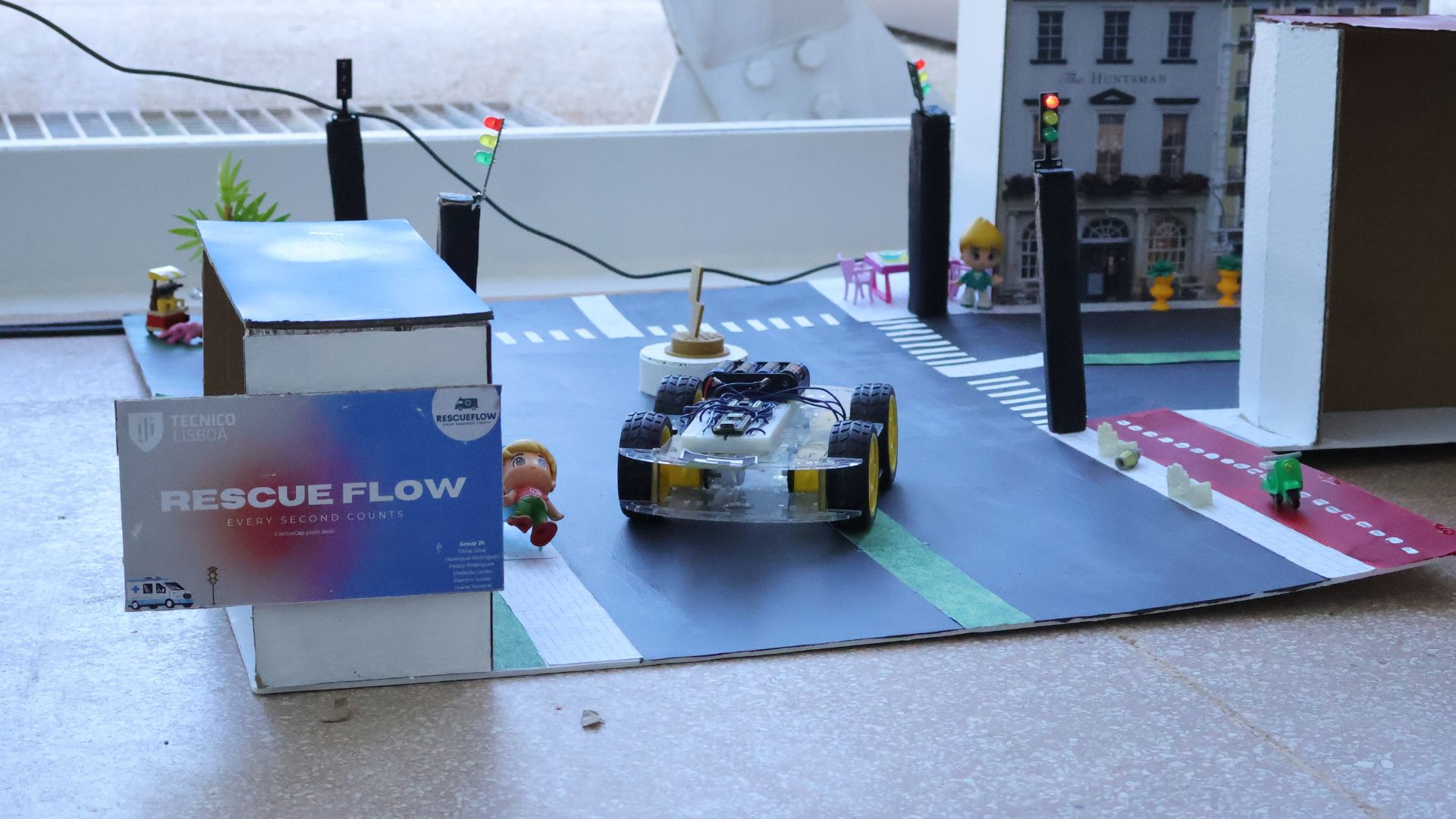
ElectroDay also featured the participation of the NEEC (Electrical and Computer Engineering Student Group), N3E (Electronics Engineering Student Group), the Mobile Energy Sustainability Project (PSEM), and Espaço³, a group focused on space project development. Through these contributions, visitors got to know the work carried out by several Técnico student groups involved in electrical and computer engineering fields.
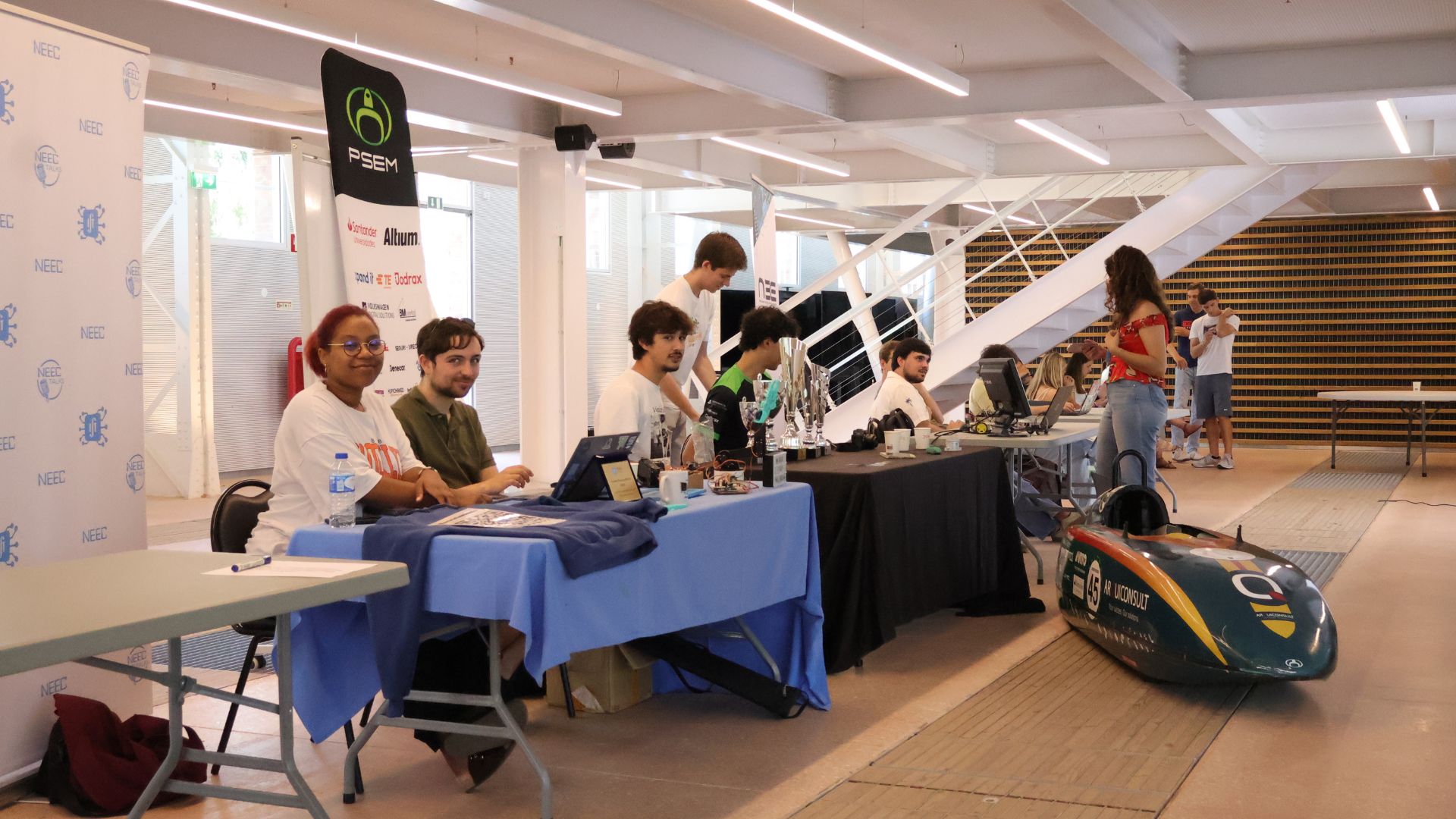
Participants also attended various talks and panels, including discussions on student group involvement and academic life, as well as career opportunities in electrical and computer engineering, electronics, telecommunications and informatics, and aerospace. In the first session, moderated by Professor José Santos-Victor, students Miguel Oliveira (NEEC), Gonçalo Barreto (PSEM) Manuel Vaz (N3E) spoke about the importance of engaging in student groups, highlighting the value of hands-on project work and a shared drive to keep learning beyond the classroom.
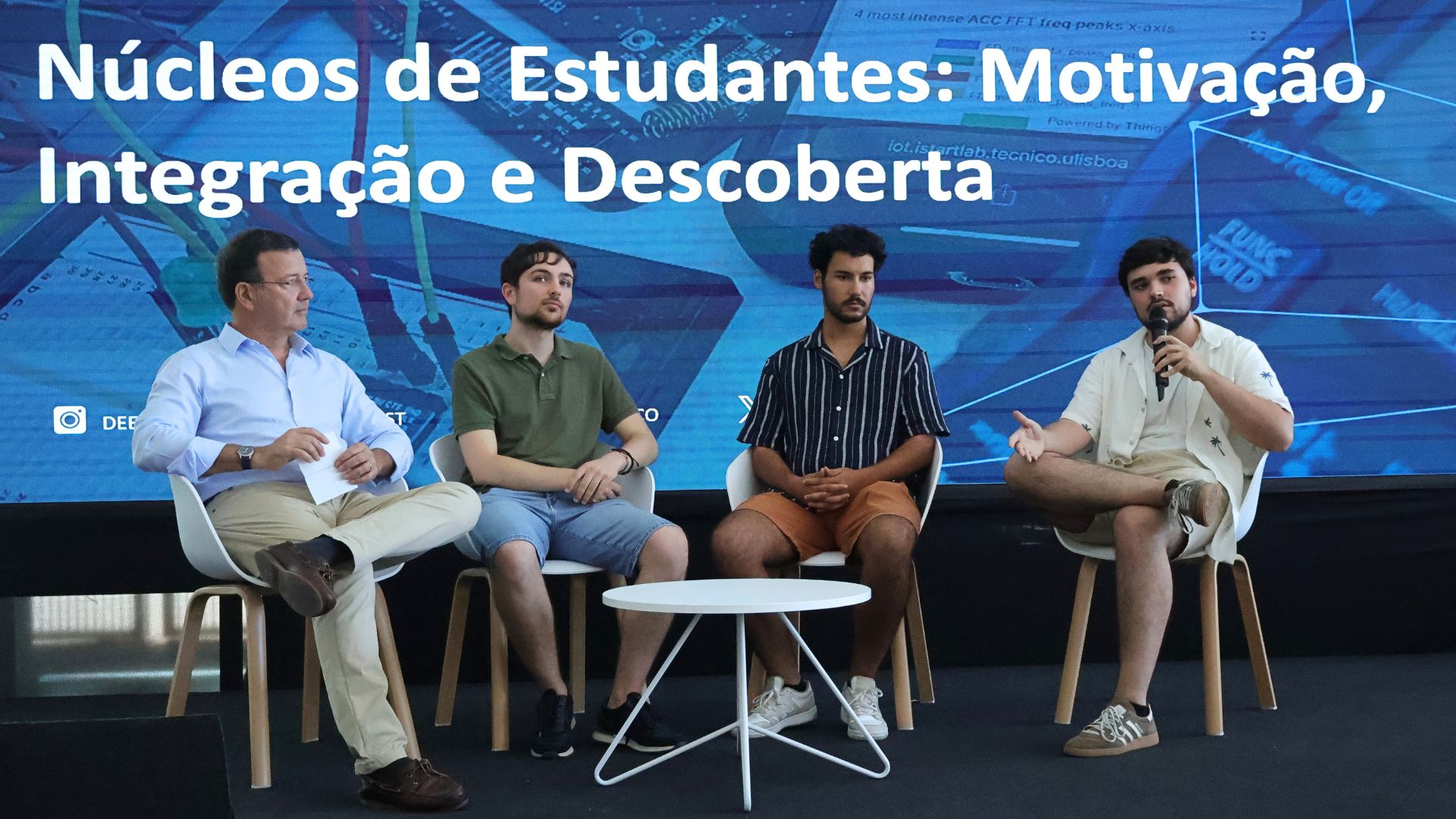
De seguida, o palco recebeu o painel sobre Engenharia Eletrotécnica e de Computadores, onde o professor Paulo Correia moderou o debate com Frederico Castro, Inês Costa e Miguel Velo, estudantes do curso. Ao longo da sessão foi destacado o papel nos diversos setores, incluindo áreas como a energia e a eNext, the stage hosted the Electrical and Computer Engineering panel, where Professor Paulo Correia led a discussion with students Frederico Castro, Inês Costa, and Miguel Velo. The session emphasized the relevance of the field across several industries, such as energy and electronics. Professor Correia, coordinator of the undergraduate program, underscored the transversality of the electrical engineer’s role in solving today’s societal challenges.
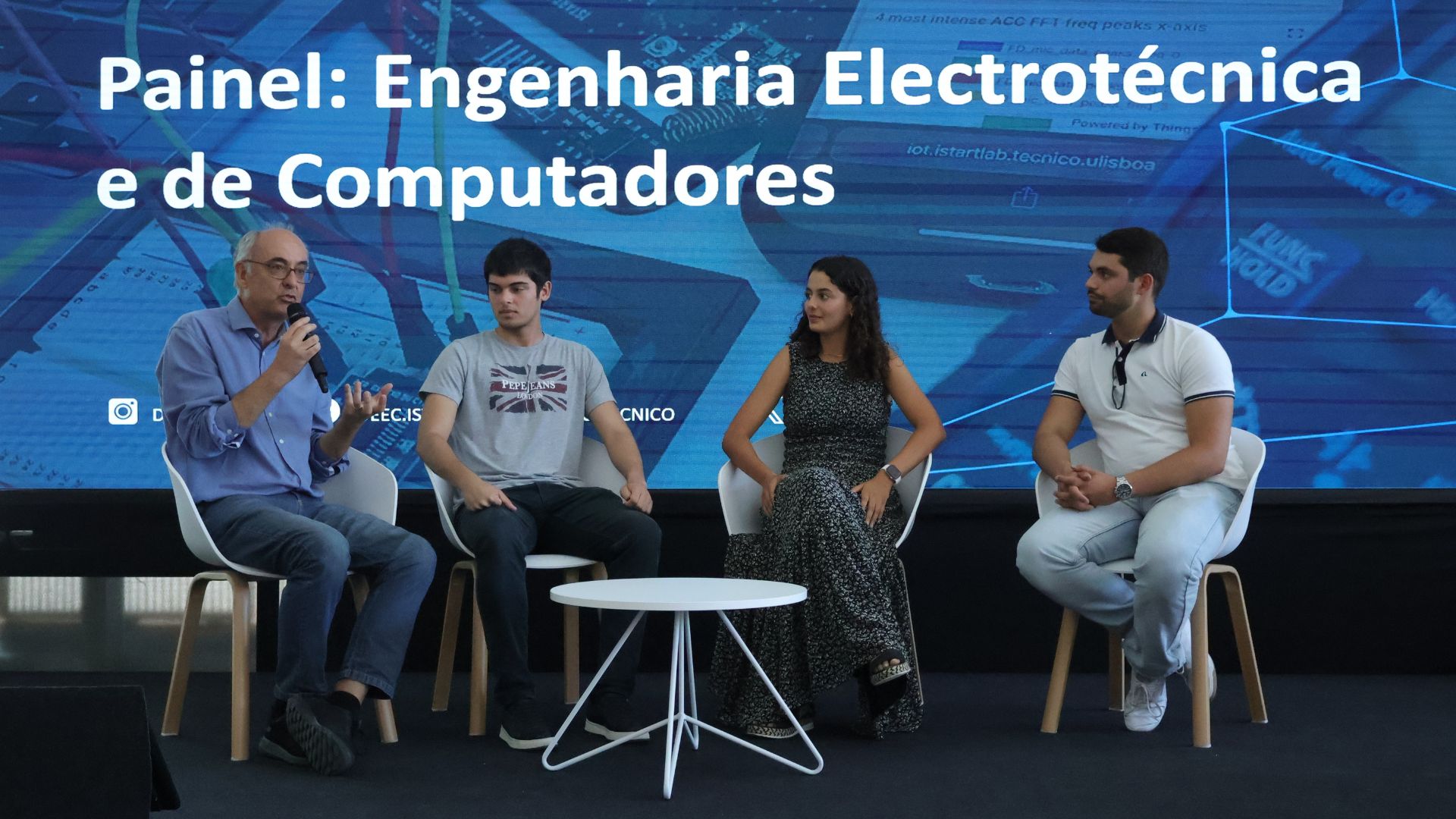
The next panel focused on Electronics Engineering, moderated by Gonçalo Tavares, coordinator of the undergraduate program, with participation from students Rodrigo Caldeira, Francisco Jesus, and Ludmylla Wonsosky. The fourth session, on Telecommunications and Informatics Engineering, was moderated by Professor Rui Valadas and featured students Marcelo Ribeiro and Sofia Nunes. The final panel, dedicated to Aerospace Engineering, was moderated by Professor Paulo André and included students Paulo Campos, Maria Fernandes, and Gonçalo Machado.
After the panel sessions, Professor Teresa Vazão, Deputy Coordinator of the Electrical and Computer Engineering degree, launched the ElectroCap workshops, in collaboration with members of NEEC, HackerSchool, IStartLab, and IEEE Student Branch/CAS.
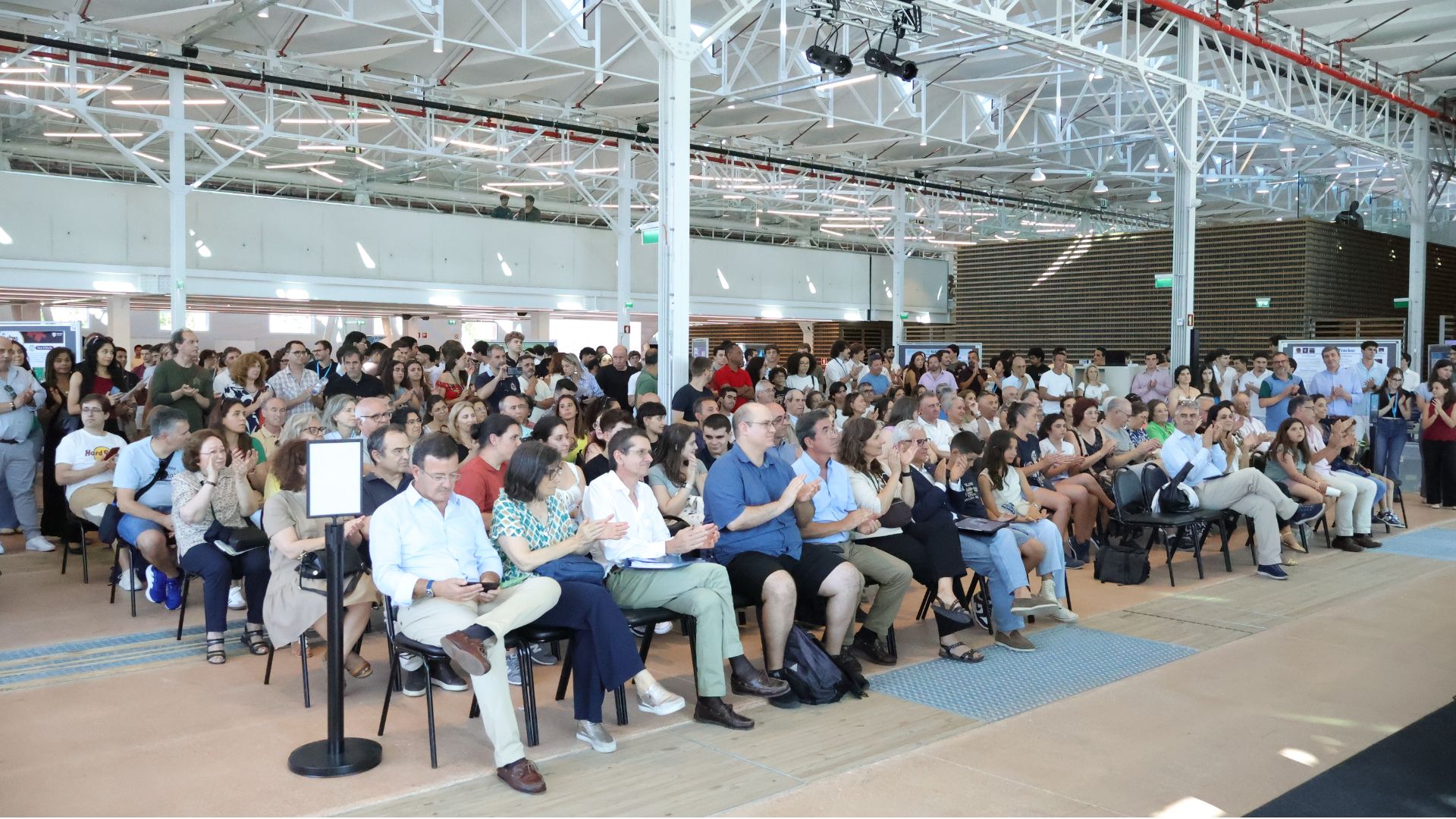
At the end of the afternoon, following jury deliberation, the ElectroCap Awards were presented, recognizing the projects with the best prototype (awarded by NOS), best communication (awarded by Jerónimo Martins), and most public investment (based on attendee voting).
For Best Communication and Impact, Jerónimo Martins awarded the project Powerline Drone, developed by Ricardo Nobre, João Henriques, Miguel Baia, Henrique Martins, Luís Almeida, and António Alves — a solution for autonomous high-voltage powerline monitoring using drones. The company also gave honorable mentions to Sustainable Base Station Monitoring – by Maria do Mar Vieira, Luna Ferreira, Maria Guilherme, Pedro Silva, Tomás Cláudio, and Gonçalo Mendonça, which aims to develop more cost-effective and sustainable solutions for the mobile communications sector using renewable energy; and Rescue Tracker – by Francisco Bernardino, Pedro Alves, Miguel André, Pedro Lopes, and Rafael Fernandes, a project for real-time biometric monitoring of professionals operating in high-risk scenarios.
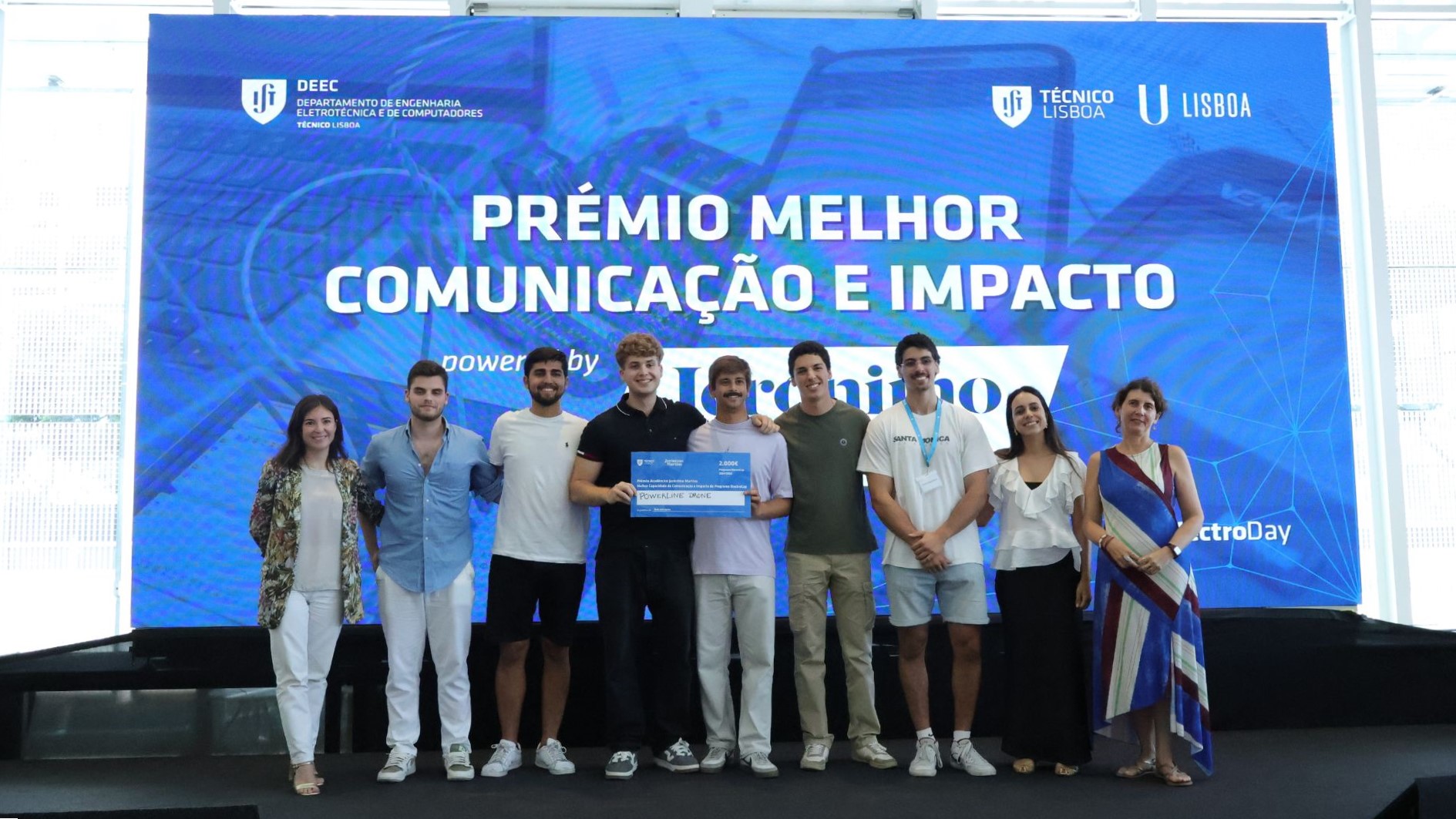
NOS awarded the Best Prototype and Innovation prize to Vita, developed by Alexandre Escudeiro, Diogo Martins, Gonçalo Alexandre, Miguel Silva, Ricardo Gaspar, and Rodrigo Branco — a device designed for bus stops to announce the arrival and passage of buses. NOS also recognized two projects with honorable mentions: Navguide, developed by Ana Vilela, Sofia Vicente, Afonso Ribeiro, João Simões, Tomás Almeida, and Filipa Cunha, a smart indoor navigation system for guiding blind and visually impaired users inside supermarkets using real-time, high-precision positioning; and Tactical Canine, developed by Francisco Pina, Hugo Varandas, Lucas Ribeiro, Nuno Lourenço, Tomás Catalão, and Tomás Teixeira, a non-ballistic vest for dogs equipped with sensors, GPS, and a camera, capable of transmitting real-time data to a web platform for monitoring the dog’s status and environment in high-risk operations.
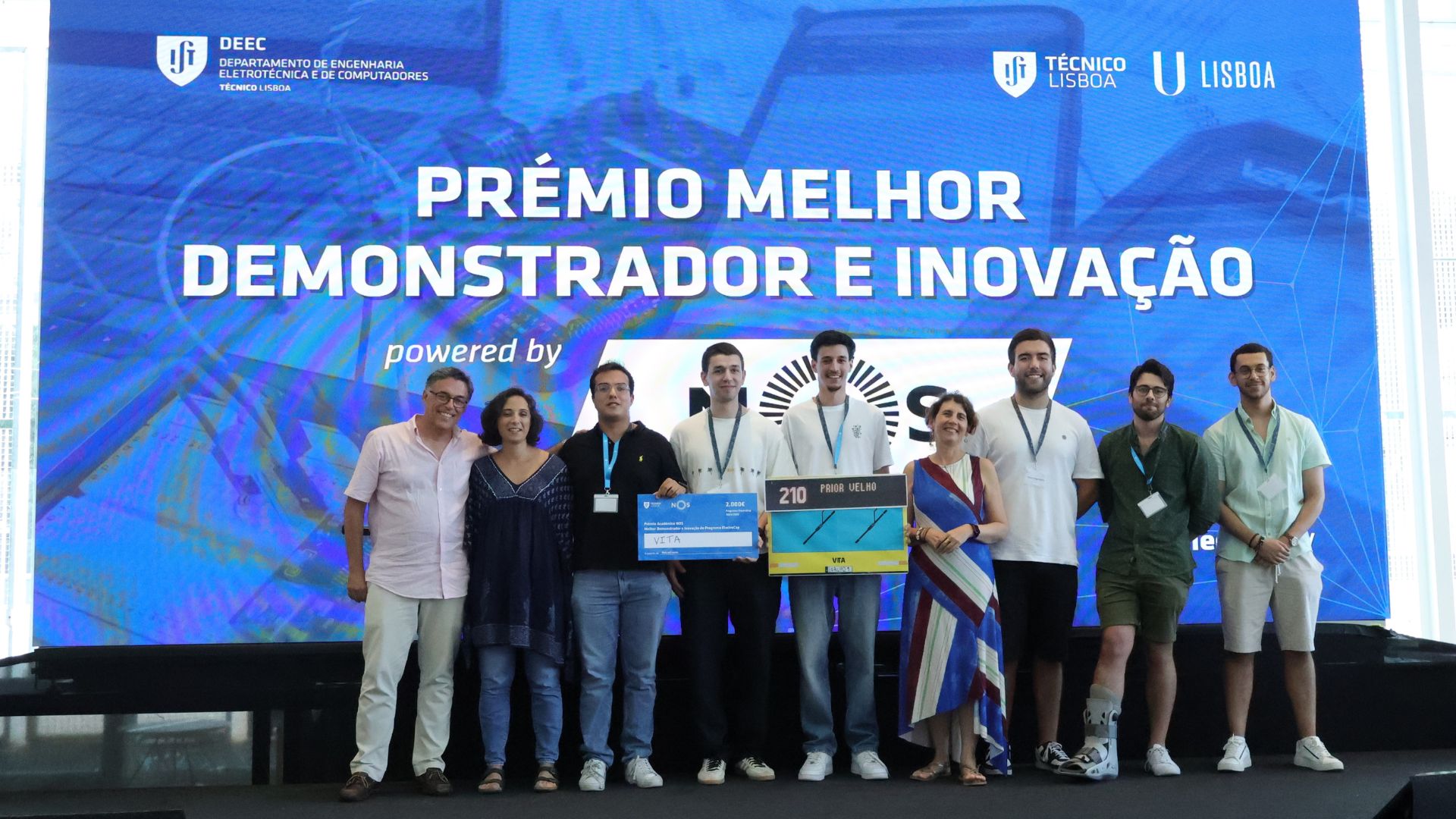
The highest investment award was given to the SoilSense project, developed by students David Pombo, Elisa Pedro, Margarida Canas, Miguel Vidal, Pedro Pereira, and Tânia Ranchordas. The project consists of an automated system for real-time soil monitoring and smart irrigation. DEMS took second place and was created by Tomás Modesto, João Veríssimo, João Ferreira, Marco Matos, Gustavo Zacarias e Felipe Esteves — its goal was to develop an advanced real-time monitoring solution that enhances emergency response and healthcare management. SmartRack secured third place. Developed by Diogo Monge, Diogo Palma, José Fonseca, Miguel Martins, and Leonardo Laia, the project is a smart clothes drying rack designed to maximize efficiency when hanging clothes outdoors, aiming to reduce energy consumption.
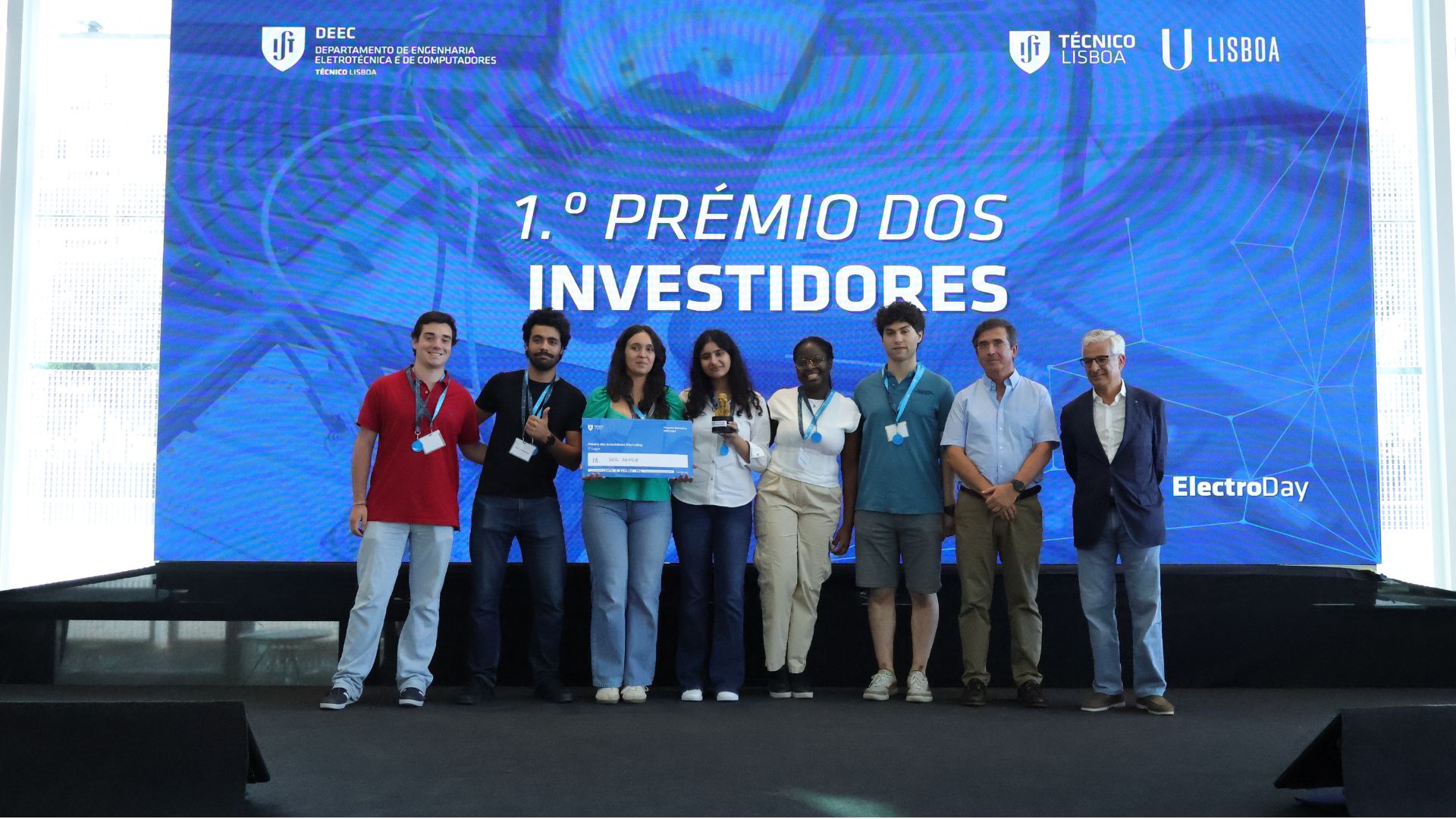
The closing ceremony included remarks by Professor Rogério Colaço, President of Instituto Superior Técnico.
👉 See the full photo gallery soon by clicking the green button via the link.
